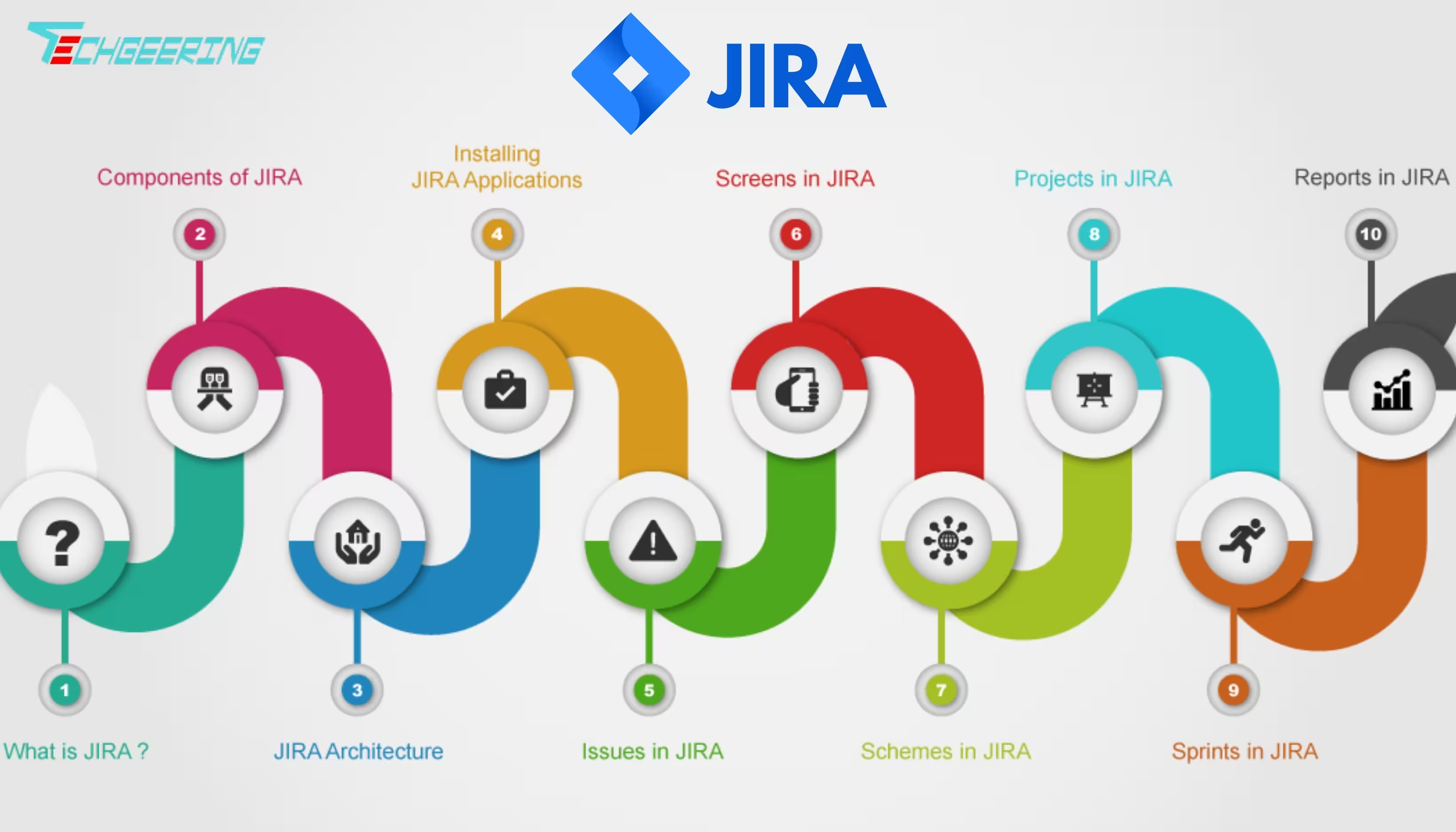AngularJS

Introduction to AngularJS:
AngularJS, developed by Google, is a powerful JavaScript framework that enhances the process of building dynamic web applications. By extending the capabilities of HTML, AngularJS allows developers to create applications that are not only more interactive but also easier to maintain and test.
Key Features of AngularJS:
- Two-Way Data Binding: AngularJS automatically synchronizes data between the model and the view, eliminating the need for manual DOM manipulation.
- MVC Design: AngularJS follows the Model-View-Controller (MVC) design pattern, ensuring a clear separation of concerns, resulting in more organized and efficient code.
- Directives: Directives are custom markers in AngularJS that enhance HTML functionality by binding specific behaviors to elements. Common directives include ngModel, ngBind, and ngRepeat.
- Dependency Injection: AngularJS's dependency injection system makes it easier to manage and test components by providing them with their dependencies in a structured manner.
- Single Page Application (SPA) Support: AngularJS is ideal for building SPAs, where content is dynamically loaded, leading to faster and more seamless user experiences.
Advantages of Using AngularJS:
- Improved User Experience: With AngularJS, you can build highly responsive user interfaces that offer real-time updates without refreshing the page.
- Development Efficiency: AngularJS reduces the amount of code needed, allowing developers to focus more on building features rather than boilerplate code.
- Cross-Platform Development: AngularJS facilitates the creation of web applications that work seamlessly across various devices and platforms, ensuring a consistent user experience.
- Active Community and Ecosystem: As an open-source framework supported by Google, AngularJS has a large and active community, offering a wealth of resources, tools, and third-party libraries.
Practical Applications of AngularJS:
- Enterprise Web Applications: AngularJS is perfect for building complex enterprise applications that require high levels of interaction and data handling.
- Content Management Systems (CMS): Developers can leverage AngularJS to create dynamic and flexible CMS platforms.
- E-Commerce Sites: The framework's capabilities make it ideal for building responsive and scalable e-commerce websites.
Conclusion:
AngularJS continues to be a popular choice for developers looking to build dynamic and efficient web applications. Its rich feature set, combined with ease of use, makes it a framework worth considering for any web development project. Whether you’re developing a small-scale application or a large enterprise solution, AngularJS provides the tools and flexibility needed to bring your vision to life.













 Send WhatsApp
Send WhatsApp